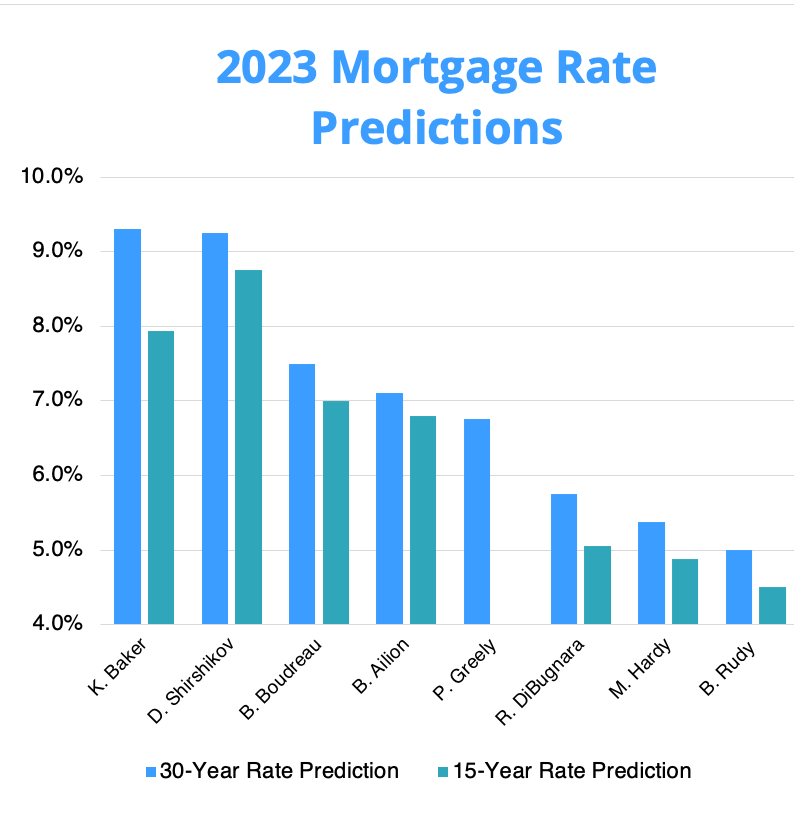If you’re thinking about buying a home or refinancing your current mortgage, one of the most important numbers to understand is the house mortgage rate . But what exactly are mortgage rates, and how do they affect your monthly payments and long-term finances? In this guide, we’ll break it down in simple terms.
What Are House Mortgage Rates?
A mortgage rate —also known as an interest rate—is the percentage a lender charges you to borrow money for a home. This rate determines how much extra you’ll pay back over the life of your loan, beyond the actual amount you borrowed (the principal).
For example, if you take out a $300,000 mortgage at a 6% interest rate over 30 years, you’ll end up paying more than $647,000 by the time the loan is paid off—over $347,000 of that is interest alone.
Types of Mortgage Rates
There are two main types of mortgage rates:
1. Fixed-Rate Mortgages
- The interest rate stays the same for the entire loan term.
- Most commonly offered for 15-, 20-, or 30-year terms.
- Provides stability and predictable monthly payments.
2. Adjustable-Rate Mortgages (ARMs)
- The rate is fixed for an initial period (e.g., 5 or 7 years), then adjusts annually based on market conditions.
- Often starts with a lower “introductory” rate.
- Riskier due to potential future rate increases.
How Are Mortgage Rates Determined?
Mortgage rates are influenced by several factors:
| Economic Conditions | Strong economies often lead to higher rates; weaker ones can bring them down. |
| Federal Reserve Policy | The Fed doesn’t set mortgage rates directly, but its actions affect broader interest rate trends. |
| Inflation | Higher inflation usually leads to higher mortgage rates. |
| Credit Score | Borrowers with better credit typically qualify for lower rates. |
| Loan Term | Shorter loans (like 15-year mortgages) usually have lower rates than longer ones. |
| Down Payment | A larger down payment can help secure a better rate. |
Current Average Mortgage Rates (as of 2025)
As of early 2025, average U.S. mortgage rates are approximately:
- 30-Year Fixed : 6.5%
- 15-Year Fixed : 5.9%
- 5/1 ARM : 6.1%
These rates can vary depending on location, lender, and individual borrower qualifications.

Why Mortgage Rates Matter
Understanding mortgage rates is key because:
- They impact affordability : Lower rates mean lower monthly payments.
- They affect total cost : Even a small difference in rate can add or save tens of thousands over time.
- They influence timing : Buyers often wait for favorable rate environments before purchasing or refinancing.
Tips to Get the Best Mortgage Rate
- Improve Your Credit Score : Aim for a score above 700.
- Shop Around : Compare offers from multiple lenders.
- Consider a Shorter Loan Term : If you can afford higher monthly payments.
- Make a Larger Down Payment : 20% or more can unlock better rates.
- Lock in Your Rate : Once you find a good offer, lock it in to avoid increases.
Conclusion
Knowing what house mortgage rates are and how they work gives you a powerful advantage when buying or refinancing a home. While rates fluctuate based on economic conditions, understanding your options and improving your financial profile can help you secure the best possible deal in 2025.
Join The Discussion